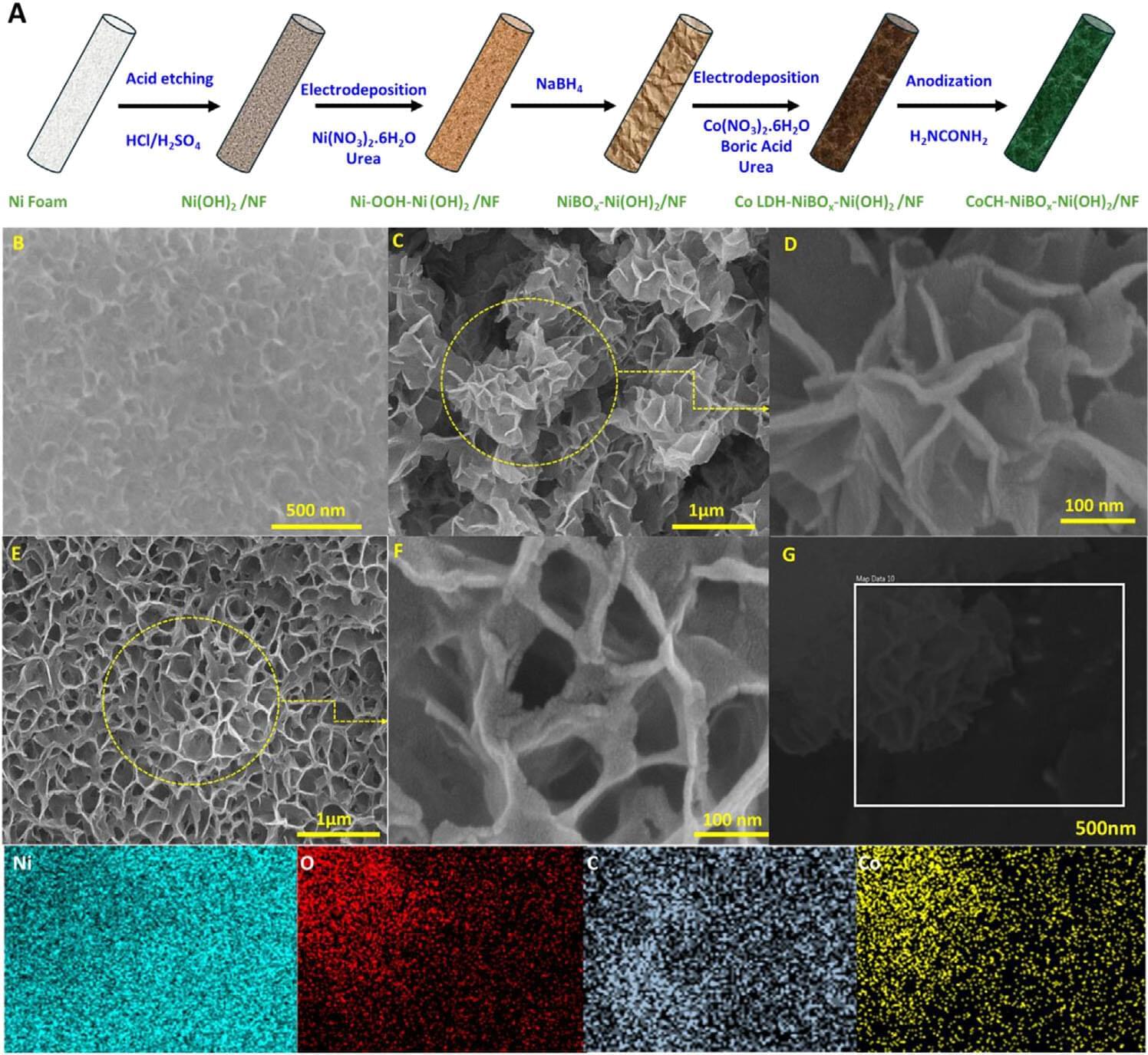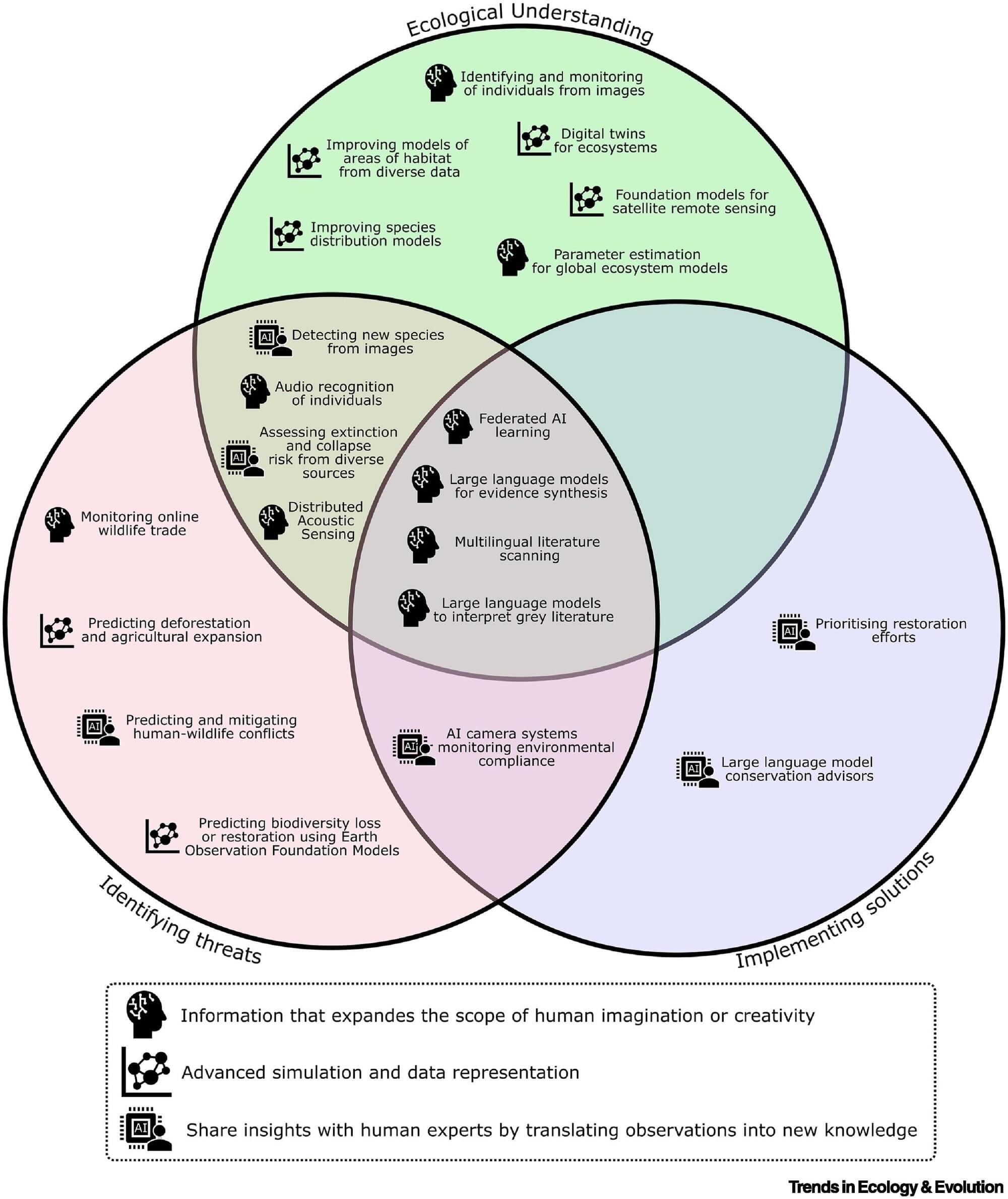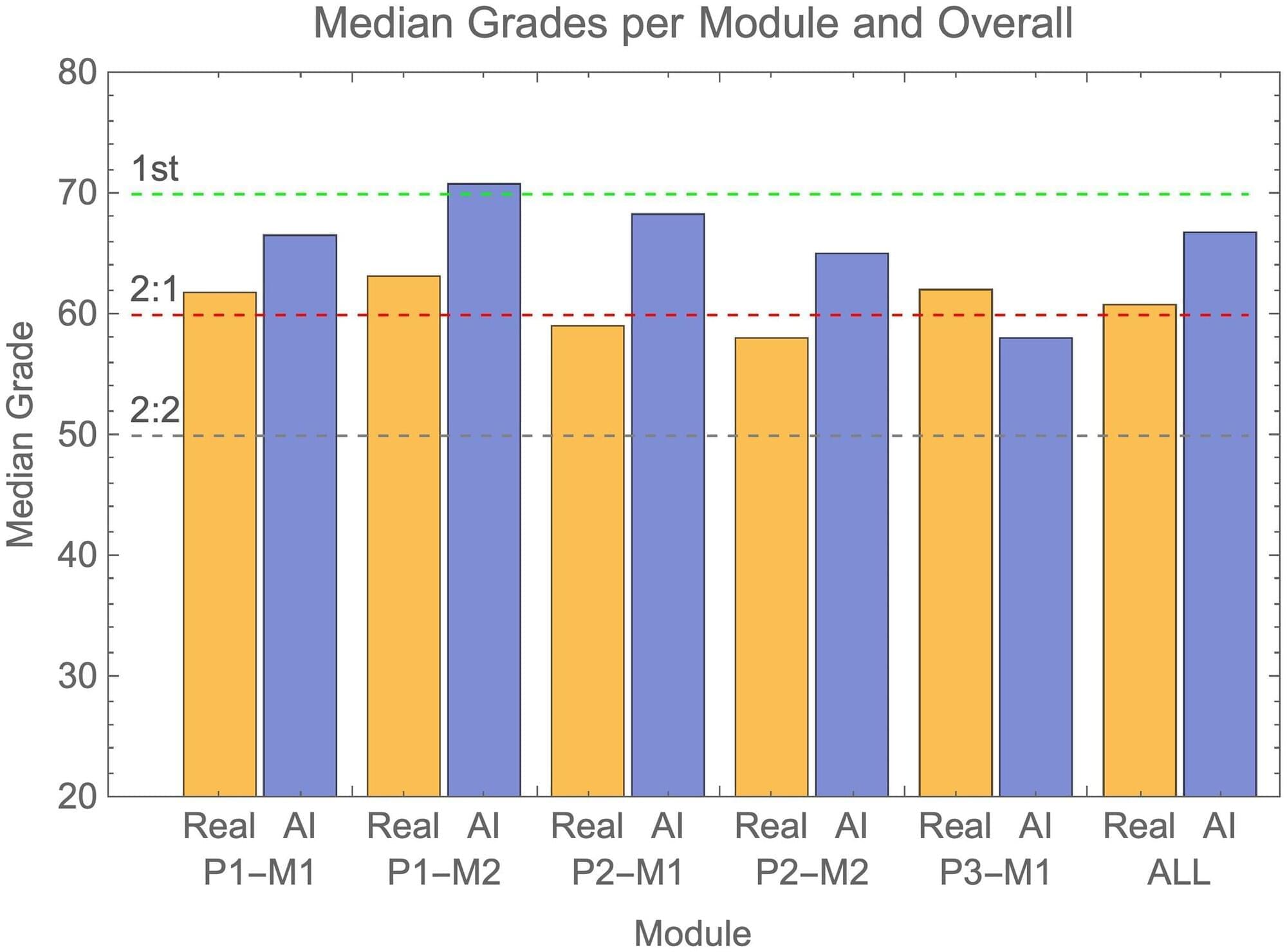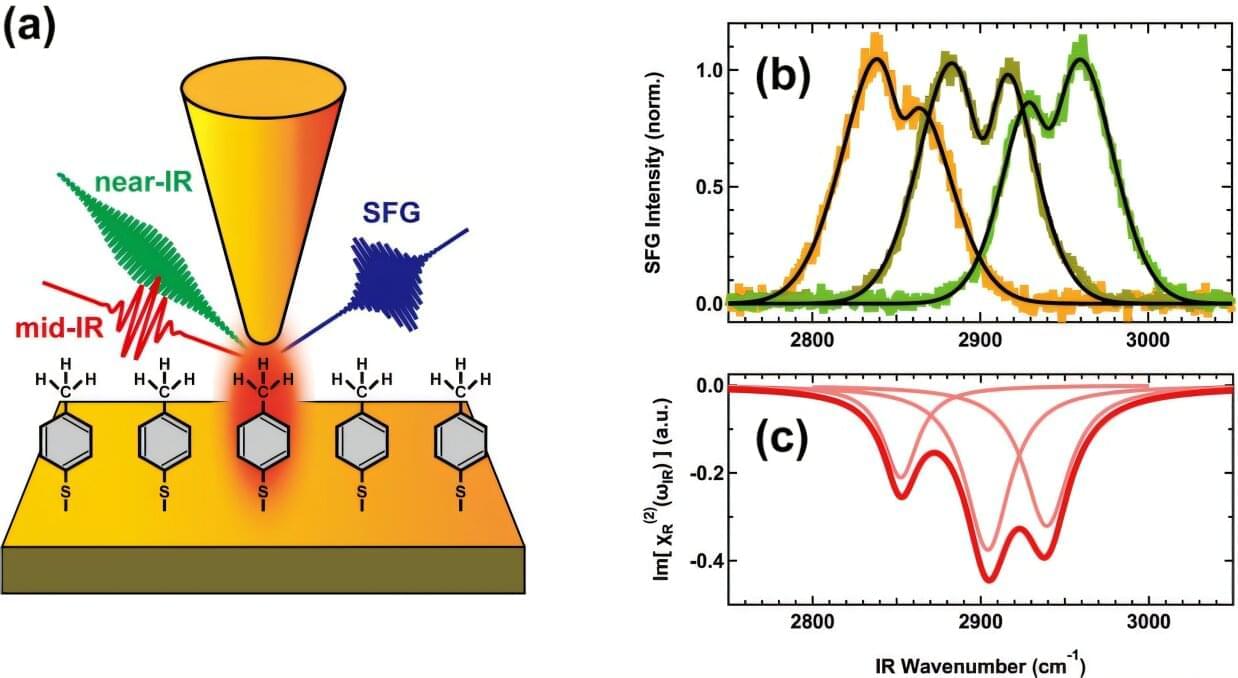The universe is decaying much faster than thought. This is shown by calculations of three Dutch scientists on the so-called Hawking radiation. They calculate that the last stellar remnants take about 1078 years to perish. That is much shorter than the previously postulated 101100 years.
The researchers have published their findings in the Journal of Cosmology and Astroparticle Physics.
The research by black hole expert Heino Falcke, quantum physicist Michael Wondrak, and mathematician Walter van Suijlekom (all from Radboud University, Nijmegen, the Netherlands) is a follow-up to a 2023 paper by the same trio.









